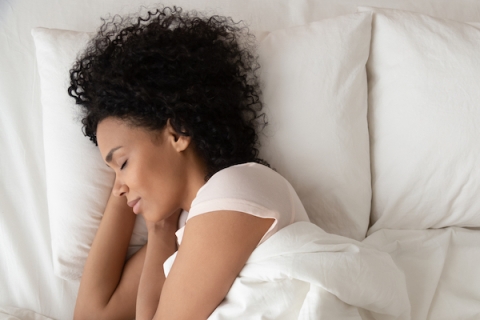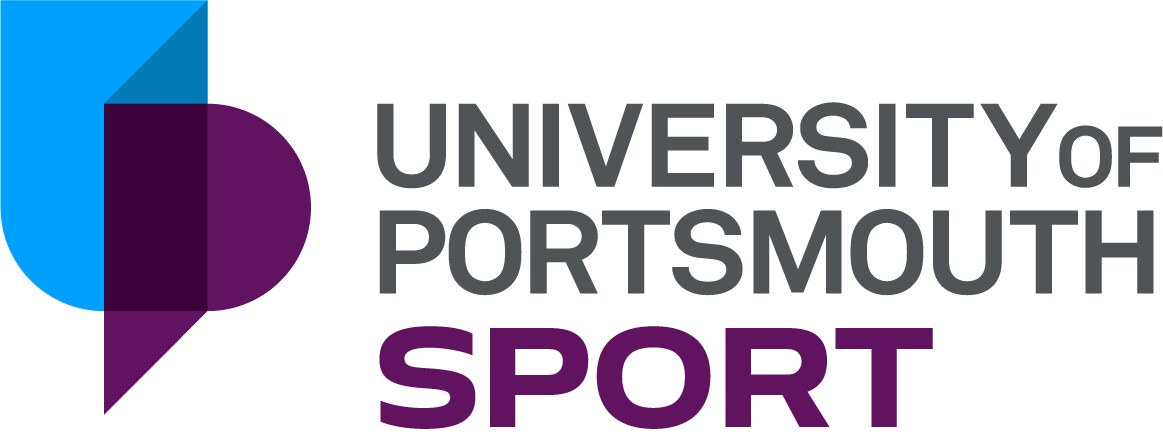

Struggling with your goals? Sleep plays a big part in keeping us healthy.
Sleep may be one of the last things you think of when it comes to reaching your fitness goals. Smashing as many gym sessions as possible and eating as little as possible can be some of the first things people do when looking to lose weight. But in actual fact, overtraining and not fueling your body correctly can have negative effects on your goals. Sleep and recovery is a very underused tool in reaching our targets, it is vital we listen to our body to recover adequately in order to keep pushing forward.
Our mental health can be affected by sleep and cause changes in mood, resilience and coping mechanisms. Built into our DNA is the predisposition to whether we are an early bird or night owl so it just goes to show there is no one size fits all tool. Ensuring you get the recommended amount of sleep (between 6-9 hours a night) can affect both your physical and mental wellbeing, at whatever time you choose.If you struggle to get to sleep straight away, try limiting your screen time an hour before you head to bed. In our technical world, it can be difficult to switch off your phone or TV to hit the pillow earlier, however, this could be just what you need to hit the hay and get a good nights sleep.
Here are a few reasons why you should start to prioritise sleep in your training schedule.
Intensity
If you are a very active person, your body needs time to recover in order to keep performing at maximum intensity. If you are well recovered, you are going to perform 10x better inside your gym sessions, therefore leading to greater results. You don’t want to walk into the gym every session fighting through the fatigue and wanting to give up before you have even started. You should feel energised and pumped, ready to give 100% for that hour of exercise. Sure, we all have some days where motivation is lacking and we just need to push through, but if you always feel like this in the gym, start making sleep a priority and you’ll reap the rewards.
Recovery
You may think all of the gains are made in the gym, but really it is when we are asleep. During gym sessions, you are tearing the muscle fibres but they are repairing and growing stronger whilst we are in bed. A good night’s sleep will help you recover quicker which in turn will help you to keep pushing forward towards your goals. If your body is crying out for a rest, listen and take a day off. There is no need to feel guilty for missing a training session. Recovery should be a part of your schedule, so ensure you are allowing yourself adequate time to rest and not burning yourself out.
Nutrition
We will go into more detail in regards to your diet and recovery in another article, so I will keep this short and sweet. If you are well rested and your gym sessions are going better than you could imagine, you are much more likely to make better choices when it comes to your nutrition and fueling your body for your workouts. However, if you have a poor night’s sleep, you are more likely to reach for a breakfast or dinner that is convenient as opposed to a healthy nutritious option that takes longer to cook than a takeaway. We have all been there when we are tired and stressed, we want something that takes as little effort as possible. In the long term, if this happens on the rare occasion, it isn’t going to be a problem but if you find this is you multiple times a week it may be worth looking at your sleeping habits and installing some changes.
Here are some tips to help improve your sleep:
- Set yourself a time to go to bed and wake up. Forming a habit will help this become second nature
- Switch off the TV 30-60 minutes before bed
- Remove distractions – Put your phone downstairs or in another room. Scrolling through social media aimlessly isn’t going to help you get to sleep any quicker.
- Try reading before bed – Coming away from a screen and into a good book can really help you to switch off
In summary, sleep can play a massive part in an overall healthy lifestyle and has been shown to help reduce stress, decrease the risk in obesity and other diseases and aids the body in recovery.
So, here are some actions you can take from this article. Have a look at your current sleep schedule and see how it could possibly be affecting your energy levels throughout the day. Are you relying on coffee and energy drinks just to see you through? Are you prioritising tv over sleep? Can you apply some positive changes in your recovery to help your training? Remember, sometimes less is more.

